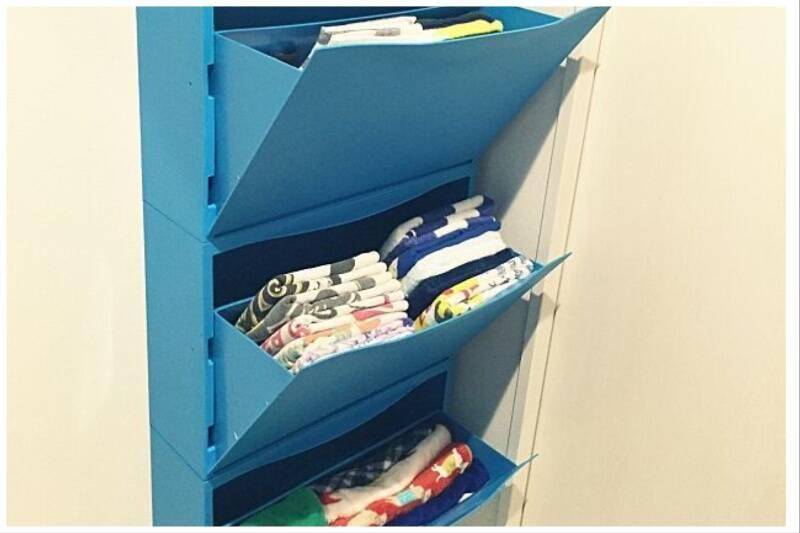Designer turns fish skin and scales into plastic alternative

James Dyson Awards
Lucy Hughes?s MarinaTex degrades in four to six weeks It looks like plastic and feels like plastic, but MarinaTex is decidedly not the troublesome polymer that?s been filling the ocean at a rate of between 4.8 and 12.7 tons a year. In fact, it?s just the opposite. Invented by Lucy Hughes, a graduate of the product design program at the University of Sussex, MarinaTex is a compostable plastic alternative made from the skin and scales of fish.
Hughes?s MarinaTex is the winner of a 2019 James Dyson Award, which honors inventive and impactful design projects from students and recent graduates. The translucent material puts fish waste (of which there?s a lot) to good use. MarinaTex is flexible like virgin plastic, but its bio-based makeup means it can be tossed in the trash and will degrade in four to six weeks.
James Dyson Awards
MarinaTex is made from the waste product of fish skin and scales whose proteins are extracted and bound by red algae. The result is a strong but flexible sheet of material that?s best suited to single-use applications like sandwich and bakery bags.
Hughes isn?t the first to harness the plastic-y properties of fish waste, but the project takes bioplastics a step further, showing how real-life applications could benefit from the throwaway parts of the underwater creatures.
James Dyson Awards
...
| -------------------------------- |
| Monolithic block appears to levitate for Studio Drift's Armory Show installation |
|
|












